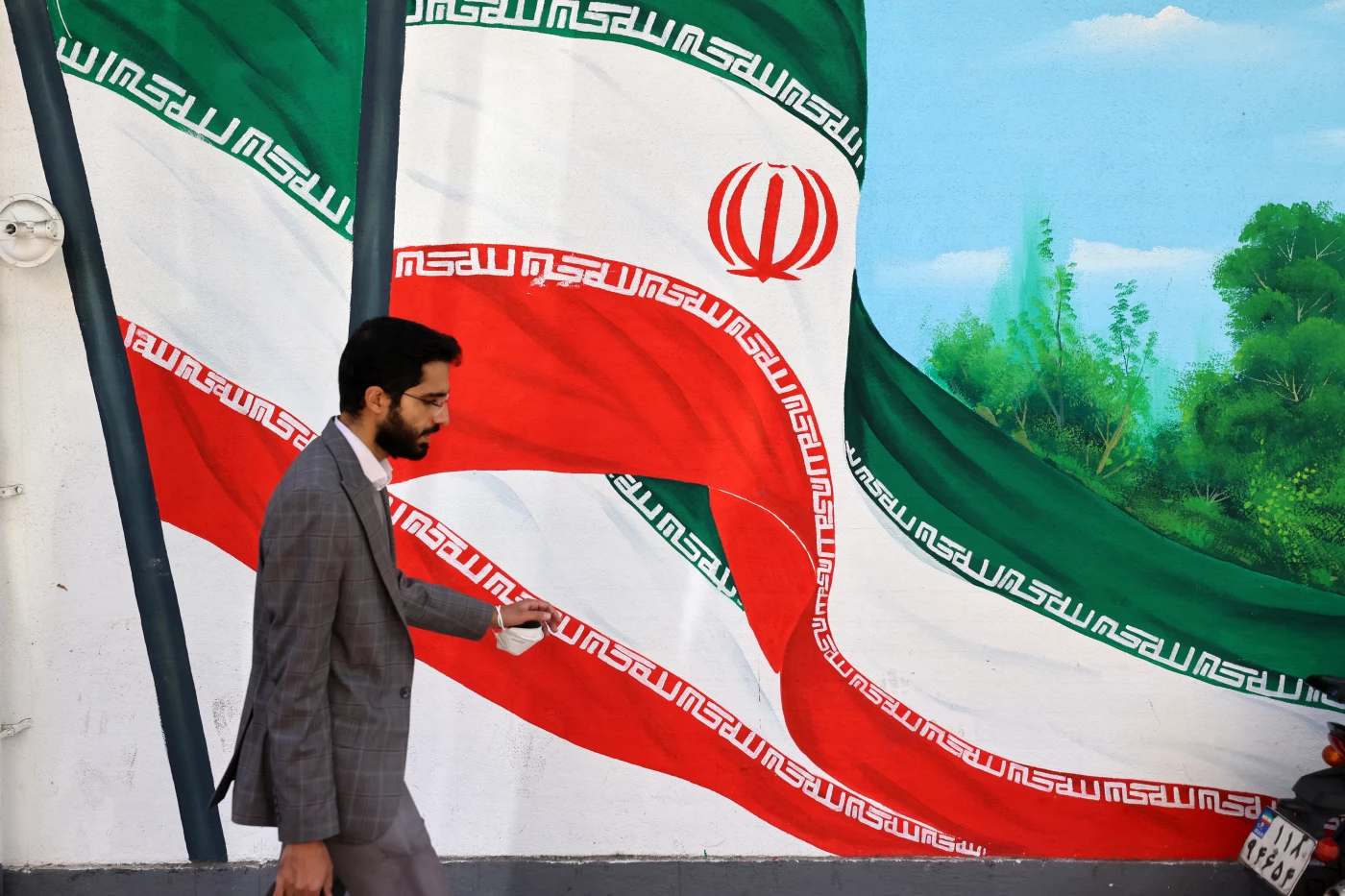ERBIL, Kurdistan Region of Iraq - Several Arab and Islamic states on Saturday condemned Israel’s overnight attack on several provinces in Iran, calling it a “violation” of international laws and the Islamic republic’s sovereignty, while the US and the UK urged Tehran to not respond and end the “cycle of fighting.”
Israel conducted a series of airstrikes on Iranian military targets early Saturday, igniting a new wave of tensions across the region. The strikes targeted facilities across Tehran, Khuzestan, and Ilam provinces.
Iranian authorities stated that the attack was largely ineffective and refuted the Israeli army’s claims that 20 military positions were targeted, saying the actual number was “far less.” Regardless, the Iranian army announced that two of its soldiers were killed while confronting the projectiles fired by Israel.
Arab and Islamic reaction
The Iraqi government condemned the attack, reiterating Baghdad’s solidarity with the Islamic republic and renewing its call for a ceasefire in Lebanon and Gaza.
“Iraq has previously warned of the serious consequences of the international community’s silence on the brutal Zionist behavior towards our people in Palestine, its attacks on Lebanon and Syria, and the new aggression against Iran,” read a statement from government spokesperson Basim al-Awadi, stressing the need for regional and international work to support stability in the region.
Iraq's powerful Shiite cleric Muqtada al-Sadr said Israel's attack on Iran was “too low and insignificant to be denounced,” calling on all Arab and Islamic states and "all lovers of humanity and peace" to pressure "the global powers of arrogance,” referring to Israel and its allies, into stopping their aggressions.
Sadr also called for shutting down embassies of Israel and its allies, criminalizing relations with them, and issuing arrest warrants for the “stink” and the “dementia”, likely referring to Israeli Prime Minister Benjamin Netanyahu and US President Joe Biden.
Shiite cleric and leader of the National Wisdom (Hikma) Movement Ammar al-Hakim expressed solidarity with the Iranian people, and urged the international community to take a stance and stop Israel from expanding its war on Gaza and Lebanon to the rest of the region.
Saudi Arabia’s foreign ministry also denounced the Israeli attack, calling it a violation of Tehran's sovereignty and of international laws and norms, affirming Riyadh’s “unwavering position in its rejection of the continued escalation in the region.”
Riyadh urged all parties to “exercise the utmost restraint and reduce escalation,” and called on the international to carry out their responsibilities toward ending conflicts in the region.
Iran and Saudi Arabia restored diplomatic relations in March 2023 in a China-brokered deal, sever years after severing ties. As part of his regional tour to strengthen Tehran’s ties with regional powers, Iranian Foreign Ministry Abbas Araghchi visited the Sunni kingdom earlier this month.
Oman's foreign ministry said the attack constituted “a flagrant violation of its [Iran's] sovereignty and a clear breach of the rules of international law,” while urging the international community to take effective action against Israel’s aggression and putting and end to its attacks on countries in the region.
The United Arab Emirates, Yemen, Malaysia, and Pakistan also condemned the attack, stressing the need to preserve the security and stability of the region.
Western reaction
On the other hand, US National Security Council spokesperson Sean Savett said that Israel's attack on Iran was “an exercise in self-defense," stressing that Washington did not participate in the operation.
“We urge Iran to cease its attacks on Israel so that this cycle of fighting can end without further escalation,” Savett told reporters, adding that Washington aims to accelerate diplomacy and deescalate tensions in the Middle East.
British Prime Minister Keir Starmer also warned Iran against further attacks on Israel, adding that they continue work with allies to deescalate the situation in the region.
“I think we need to be really clear that Israel does have the right to defend itself, but we are urging, and have been urging all sides to show restraint, and that is why I am very clear today, Iran should not be responding to this,” said Starmer.
Daniel Hagari, spokesperson of the Israeli army, said in a video statement that he can confirm that they have “concluded the Israeli response to Iran’s attacks,” warning Iran against starting new escalations.
“If the regime in Iran were to make the mistake of beginning a new round of escalations, we will be obligated to respond,” said Hagari.
The Iranian foreign ministry said in a statement on Saturday that "Iran has the right and the duty to defend itself against foreign acts of aggression," citing Article 51 of the United Nations Charter.
Iran’s Islamic Revolutionary Guards (IRGC) launched around 200 ballistic missiles toward Tel Aviv and several other regions of Israel on October 1. Tehran claimed that ninety percent of the missiles hit their targets, while Israel and the US said that most of the projectiles were intercepted.
Israeli top officials warned Iran to expect “severe consequences” following the attack.



 Facebook
Facebook
 LinkedIn
LinkedIn
 Telegram
Telegram
 X
X


